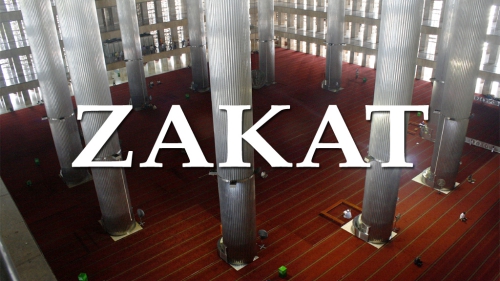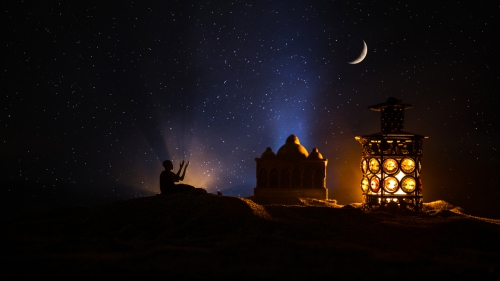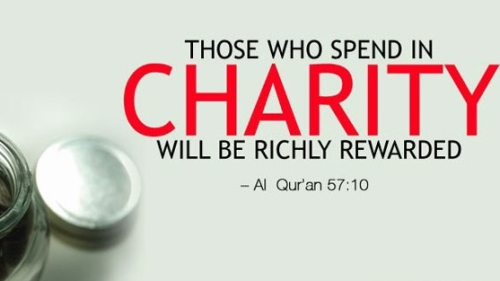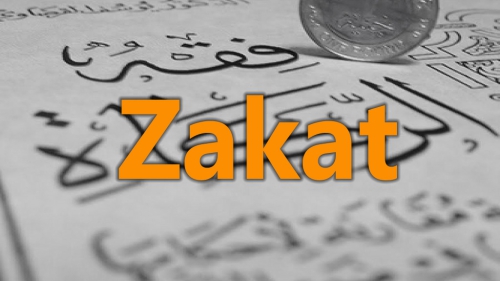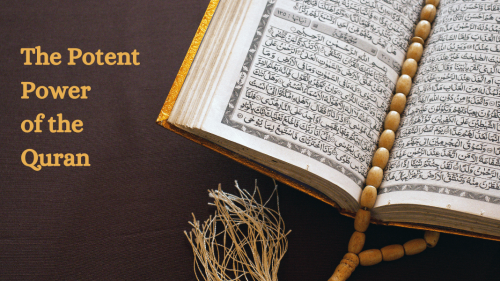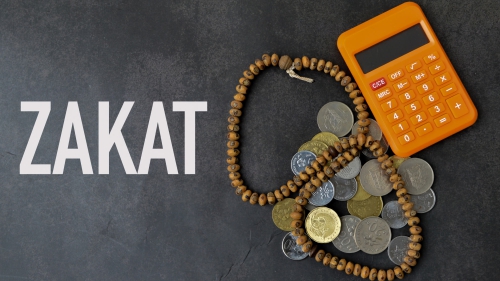Brush with death leads to building schools
 |
An American mountain climber, whose life was saved by villagers in Pakistan's Karakoram Mountains during a failed attempt to scale the world's second highest peak, is returning the kindness by building schools in northern Pakistan and northeastern Afghanistan.
Greg Mortenson wandered hungry and lost on the Baltoro glacier in 1993 after failing to reach the summit of the 8,611-meter high Mount Godwin-Austen, or K2, the world's second highest mountain.
He was found by villagers in the village of Korphe and nursed back to health. During that assault on the summit, the team of 12 climbers lost five members during the descent. Two climbers made it to the top. Mortenson had to turn back 600 meters short of the top. Because of its steepness, Mount Godwin-Austen is more difficult to climb than Mount Everest, the world's highest peak.
While recuperating in Korphe, Mortenson noticed that the village had no school and children did their lessons by scratching twigs in the sand on a mountain ridge. The teacher split his time between Korphe and a neighboring village because the Korphe residents alone could not afford to pay his salary, the equivalent of one dollar a day.
After he recovered his health, Mortenson told the village chief, Haji Ali, that he would return to Korphe one day and build a school for the children. He fulfilled his promise in 1996 and has gone on to build 54 more schools in northern Pakistan and northeastern Afghanistan that employ 527 teachers and have more than 22,000 students.
Following the massive earthquake that struck the Kashmir region in October 2005, Mortenson has helped build more than 30 tents schools. The 55 schools that Mortenson built earlier were not touched by the quake.
Mortenson's story of mountaineering, his brush with death, and his educational philanthropy is recounted in his book, Three Cups of Tea, which has become a best seller.
Mortenson is a former U.S. military nurse who served in Germany and is the son of Christian missionaries who worked in Tanzania. The first contribution for the Korphe school, $100, came from former TV newsman Tom Brokaw, who, like Mortenson, attended the University of South Dakota and played football there under the same coach as Mortenson. A second donation came from students at an elementary school in Wisconsin where Mortenson's mother was principal. They contributed $623.45 in a "Pennies for Pakistan" drive.
The first big break in funding came when Swiss-American scientist-philanthropist Jean Hoerni gave $12,000. Hoerni, who played a pioneering role in the early years of information technology and was an avid climber in the Himalayan and Karakoram ranges, later bequeathed $1 million to a nonprofit organization, the Central Asia Institute, at the time of his death in 1997. Hoerni established the institute and Mortenson today runs it.
A cover story about Mortenson's educational work in the April 6, 2003, edition of Parade magazine helped to raise more than $1 million from readers for the Central Asia Institute. These funds got the school projects going in full swing with the institute hiring local personnel in the region.
Mortenson has become a hero in Baltistan, where villagers call him "Doctor" because he often uses his nursing skills to attend to the sick. After the terrorist attacks of September 11, 2001, village women brought him precious handfuls of eggs and requested that he take them back to their sisters in the "village" of New York.
Despite his school building efforts, Mortenson has not been welcomed by all.
On one occasion, a Shi'a cleric from a Baltistan village issued a fatwa or religious edict branding Mortenson an infidel, unfit to teach the children - especially girls. However, a senior Shi'a cleric from another village intervened by sending the fatwa for final review to Qom, the center of Shi'a religious scholarship in Iran.
Several months later the answer came back in a red velvet box. When a council of Shi'a clerics in Baltistan opened the box, the scroll of parchment proclaimed that Qom did not see anything wrong in Mortenson providing education to children - including girls. The proclamation went on to say that education for both boys and girls is encouraged in Islam and that the Qu'ran does not prohibit a non-Muslim from providing such noble assistance.
Since then, Mortenson said he has felt entirely safe and welcome in the region. He has ventured farther afield into the remote Wakhan corridor of Afghanistan's northeastern province of Badakhshan, where he has built eight schools.
Although warned by the U.S. Embassy that it was unsafe to travel in those regions after the terrorist attacks of September 11, 2001, Mortenson has been regularly visiting the area from the headquarters of the Central Asia Institute in Bozeman, Montana. Even his wife and young daughter once accompanied him to Korphe, where the village women treated them like a "queen" and "princess," he said.
Mortenson currently is touring the United States promoting Three Cups of Tea. The title comes from a conversation he had with Haji Ali years ago.
"The first time you share tea [green tea with salt and yak butter] with a Balti, you are a stranger. The second time you take tea, you are an honored guest. The third time you share a cup of tea, you become part of the family," Mortenson recalls Haji Ali as saying.
Afzal Khan is a special correspondent for The Washington File.
Related Suggestions
Mr. Mortenson is a prime example of the Goodness of many of the people of the book and a prime example why the Prophet (pbuh) advised us not to condemn them; May we continue to heed his counsel wisely!
Quran 3:114
They believe in God and the Last Day; they enjoin what is right, and forbid what is wrong; and they hasten (in emulation) in (all) good works: They are in the ranks of the righteous.
Bread is more important than God!
Bravo! What an individual! May Allah bless him and his family. He has shown more compassion than most of us who lay claim to the human race.
This man is doing a wonderful job! Congrats!
Clement










